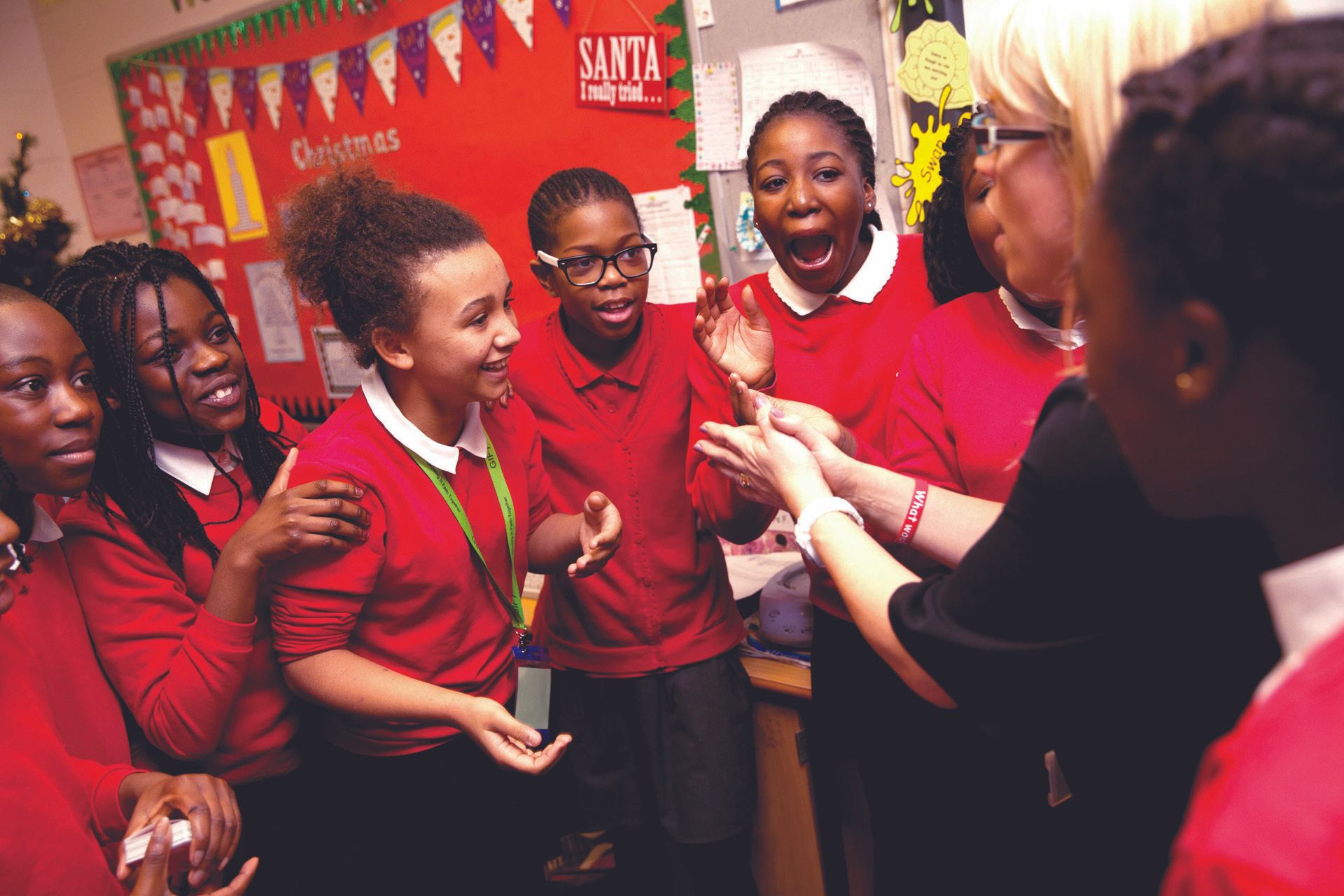
Slide title
Write your caption hereButton
PSHE Overview
We believe that PSHE helps children stay healthy, safe and prepared for life – and work – in modern Britain. When taught well, PSHE education also helps pupils to achieve their academic potential. Much of PSHE learning comes from pupil discussion and our assessment uses a combination of teacher assessment and pupil self-assessment. Pupil’s progress is measured against their starting, not the performance of others. We have opted for continuous pupil self-reflection, rather than assessing specific pieces of work. We use Floorbooks to organise and collate children's thinking, focusing on what our children find valuable, meaningful and interesting. The floor book records the evidence of the learning which showcases children's conceptual understanding, their questions and comments to inform their learning journey allowing self-reflection as a form of assessment. RSE is RAG separately at the end of the school year with gaps and focus areas passed up to the next class to ensure full coverage at the end of each Key Stage 2.
Intent
Our intention is that, when children leave St Willibrord’s they do so with the knowledge, skills, understanding and emotions to be able to play an active role as responsible individuals in today’s diverse society.
- To design a curriculum with appropriate subject knowledge, skills and understanding, which promotes the spiritual, moral, cultural, mental and physical development of children that prepares them for the opportunities, responsibilities and experiences for later life.
- To ensure that PSHE core themes of Health and wellbeing, Relationships and Living in the wider world, underpins life at St Willibrord’s enabling our children to have high aspirations and a belief in themselves to realise that anything is possible if they put their mind to it
- To acquire the ability to make informed choices about healthy and moral choices in their lives develop the confidence, talents and skills, to become effective individuals and recognise that they should play a positive role in the school and their wider community.
- To prepare them for the future by encouraging the development of characteristics for life such as a love of learning, resilience, integrity, teamwork, critical thinking and independence., preparing them for the world of work and support them in developing enterprise skills and financial awareness, so they become confident, independent members of society with an awareness of their rights and responsibilities as individuals and as part of a diverse society.
- To implement an RSE programme of work within the PSHE curriculum which enables pupils to explore the complexity of the relationships they will have both now and throughout their lives.
Implementation
- At Key Stage 1 and 2, PSHE is taught through comprehensive curriculum detail, developed by Manchester healthy schools team and The PSHE Association’s Programme of Study, to ensure thorough coverage of the statutory Health Education and Relationships Education guidance which focus on giving children the skills and knowledge to become responsible global citizens
- EYFS - In the Foundation Stage, PSHE is taught as an integral part of topic work and is embedded throughout the curriculum. The objectives taught are the Personal, Social and Emotional Development statements from ‘Development Matters in the EYFS’ and the PSED Early Learning Goals.
- Discrete lessons taught weekly by the teacher
- Quality first teaching through modelling and questioning
- All subjects can make a link to PSHE, British Values, SMSC and the language is used consistently by all staff.
- Displays across school - PSHE, British Values and SMSC displays throughout school reinforce the PSHE curriculum enabling children to make links.
- Assemblies - Whole school, Key Stage and class assemblies always make a link to PSHE, British Values and SMSC.
- The PSHE curriculum core learning themes: health and wellbeing, relationships, living in the wider world are covered across six half termly themes with each year group studying the same unit at the same time (at their own level):
- I-matters Healthy lifestyle
- I-matters Keeping safe
- I-matters Mental and emotional health
- Internet safety (I-matters keeping safe/Healthy lifestyle)
- RSE: Journey of love
- I-matters Living in the wider world.
- Consistency of staff training, strategies and techniques used across school
- Additional learning - Visitors such as emergency services, the school nurse, Chameleon, road safety, internet safety, First aid and Junior PCSO
Impact
We firmly believe that a meaningful PSHE curriculum is the key to children becoming effective individuals who recognise the importance of playing a positive role in the school and their wider community, so they become confident, independent members of society with an awareness of their rights and responsibilities as individuals and as part of a diverse society.
Children will:
- know more and remember more about PSHE.
- recognise and apply the skills and values taught
- demonstrate a healthy outlook towards school – attendance will be at least in-line with national and behaviour will be good.
- develop positive and healthy relationship with their peers both now and in the future
- be able to approach a range of real-life situations and apply their skills and attributes to help navigate themselves through modern life
- be on their way to becoming healthy, open minded, respectful, socially and morally responsible, active members of society who appreciate difference and diversity.
- be able to understand and manage their emotions better
- be able to look after their mental health and well-being.
- understand the physical aspects involved in RSE at an age-appropriate and stage appropriate level.
- have respect for themselves and others.
- have a positive self-esteem.
- have positive body images.
Long term plan for PSHE
Can be found by clicking here
Tel: 0161 223 9345
Fax: 0161 220 9110
St Willibrord’s RC Primary School, Vale Street, Clayton, Manchester. M11 4WR
admin@st-willibrords.manchester.sch.uk
Privacy Policy
Contact Us
©St WIllibrord's Roman Catholic School
Website design by Kittle Visual Marketing



